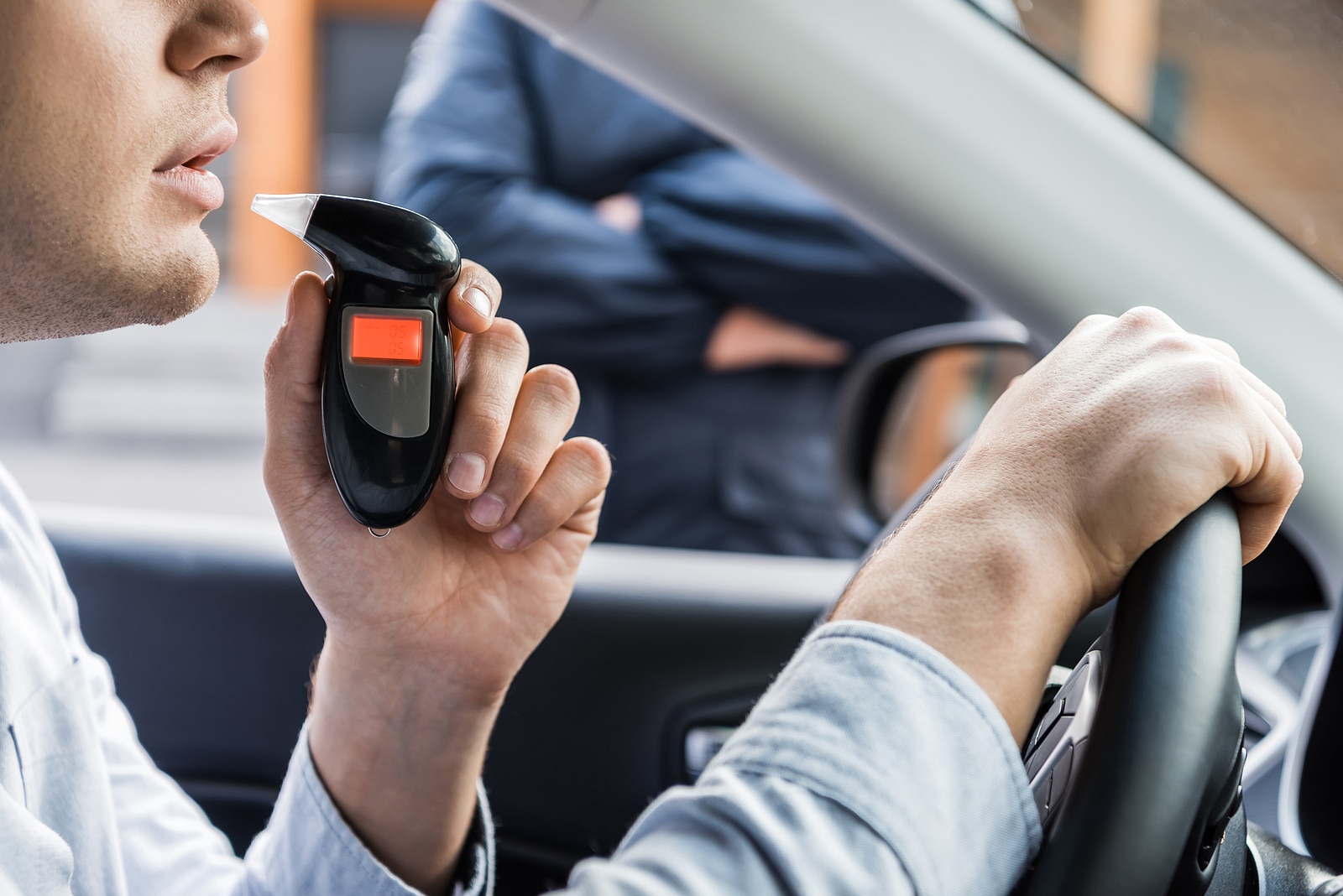What is the Legal Alcohol Limit in Los Angeles, California?
In the state of California, blood alcohol concentration (BAC) limits may vary depending on the type of driver and the motor vehicle they are operating.
If a driver is 21 years or older and they are operating a passenger vehicle, they will be considered to be driving under the influence (DUI) if their blood alcohol content surpasses 0.08%. Drivers who have ingested alcohol but whose blood alcohol levels are below .08% may not be under the influence.
California has a strict ‘zero-tolerance’ policy for drunk drivers who are under the age of 21. According to this zero-tolerance law, drivers who are below the legal drinking age can be charged with a DUI if their blood alcohol level is anywhere above 0.01%. This implies that drinking even the smallest bit of alcoholic beverage could render someone underage 21 unfit to drive.
Commercial vehicle motorists are also held to higher standards than most passenger car drivers. For example, those responsible for driving commercial trucks, buses, rideshare vehicles, and other commercial company automobiles can be charged with a DUI offense if their BAC is lower than the typical levels for drivers over age 21. A commercial driver in California must keep their BAC levels below 0.04%. Anything higher than 0.04% could result in a DUI charge.
What is Blood Alcohol Concentration and Why is it Important to Your DUI Case?
Blood alcohol concentration is the means by which law enforcement measures the amount of alcohol in your blood and body. Criminal courts calculate BAC in one of two ways. Either they look at grams of alcohol per 100 milliliters of blood or grams of alcohol per 210 liters of breath.
Multiple studies have proven that the majority of individuals lose the ability to drive safely when their blood alcohol concentration reaches 0.08%. As such, California law has instated regulations that require California motorists to keep their blood alcohol content below this threshold.
Several different factors may influence your BAC levels, including gender, food intake, and body weight.
You have legal rights, and there are several different defense strategies available to you if you have been accused of a DUI charge because of high BAC levels. Contact our law firm to schedule a free case evaluation with our legal team today.
What is California’s Zero Tolerance Policy for Underage Drinking and Driving?
In efforts to deter underage drinking and driving, California law enforces what is known as a zero-tolerance policy for drivers under age 21. This sets the legal BAC limit at 0.01%. This strict legal measure underscores the increased risks of underage drivers who decide to get behind the wheel after ingesting alcohol. The law is meant to protect young motorists as well as the community at large from the dangerous consequences of drunk driving.
In addition to the consequences on the road for motorists involved in an underage drunk driving accident, the legal consequences for an underage DUI conviction can be life-altering for the defendant. Even if you believe that you have not reached the legal limit of 0.01%, it is highly advisable that you refrain from driving a motor vehicle if you have consumed any amount of alcoholic beverages because that alcohol will likely show up in your BAC levels.
If you are facing underage DUI charges, it is crucial that you and your family seek professional legal representation from an experienced DUI lawyer. Contact our law office to schedule your free initial consultation today.
What Factors Can Influence BAC Levels?
Numerous factors could potentially impact an individual’s BAC levels, making measurements of blood alcohol content unique to each person.
Factors that may influence your BAC levels include the following:
- Age
- Body weight and composition
- Gender
- How much food you’ve eaten before or since drinking alcohol
- Medications
- Personal metabolism
- Rate of consumption of alcohol
- Type of alcohol
- Various health conditions
- And more
What is BAC Testing?
Blood alcohol concentration can be tested via several different methods employed by police officers in order to determine a driver’s level of intoxication.
Perhaps the most common method of BAC testing is a breath test or breathalyzer. The breathalyzer measures the alcohol content in a person’s breath, believing that there is a direct correlation between alcohol content in the blood and the breath.
Urine testing was once a common method for measuring BAC but is now used less frequently due to its limitations. Urine BAC tests can detect the presence of alcohol in the blood, but they cannot always accurately determine BAC at the time of the test. As a result, urine testing is generally considered less reliable than other forms of BAC testing.
Finally, another method for measuring BAC is blood testing. Blood tests are often considered the most accurate way of determining alcohol levels in a driver’s body. An individual’s blood sample is taken and sent to a lab for analysis. This method of testing results in a precise measurement of BAC at the time of the test, which can be considered valuable evidence in a DUI case. However, because of the need for laboratory testing, it is not the fastest way of testing BAC levels.
What Are the Penalties for Exceeding Legal BAC Limits?
The penalties for exceeding legal BAC limits depend upon the type of driver, how much the BAC exceeds legal limits, and whether or not it was the driver’s first DUI offense.
For example, for first-time offenders, penalties can involve jail time of up to six months, fines of up to $1000, and up to five years of DUI probation. First-time DUI offenders may also see their driver’s license suspended for four months or more.
By comparison, those with four or more DUI offenses face up to three years in jail, hefty fines, and potentially felony charges.
Please contact our law offices to learn more about the potential punishments for driving under the influence.
What Are Enhanced Penalties for High BAC Levels?
The higher the BAC level, the harsher the penalties. For example, in cases with extremely high blood alcohol content above 0.20%, the prosecution may add additional allegations. At the defendant’s arraignment, a criminal court judge may feel inclined to impose harsher conditions of release because of especially high BAC allegations.
Those convicted of DUI charges with the ‘above 0.20% allegation’ may face increased penalties. Those convicted may be required to complete a nine-month alcohol education program, long terms of probation, jail time, new service, community labor, and harsh fines.
When Can California Drivers Be Charged with DUIs Despite Low BAC?
If you are below the legal alcohol limit for the type of driver you are, you will usually not be charged with a DUI. However, there may be certain exceptions.
California’s DUI laws also apply to drug use, including the use of marijuana and prescription medications. Another reason is that some drivers are more sensitive to alcohol content and could be more impaired by drinking alcohol even if their BAC is below the legal limits.
If a police officer stops your vehicle and suspects that you are driving under the influence, they have the right to arrest you with or without a BAC test.
Contact Us for a Free Consultation with Experienced DUI Attorneys Today
The DUI Defense Group, located in Los Angeles, California, has extensive experience representing clients accused of DUI offenses. We would be proud to represent your legal rights in defense of your DUI case in the pursuit of the optimal outcome. To learn more about our legal services, we encourage prospective new clients to contact our law firm to schedule a free consultation with our legal team.
You may reach us at 866-927-3295.



